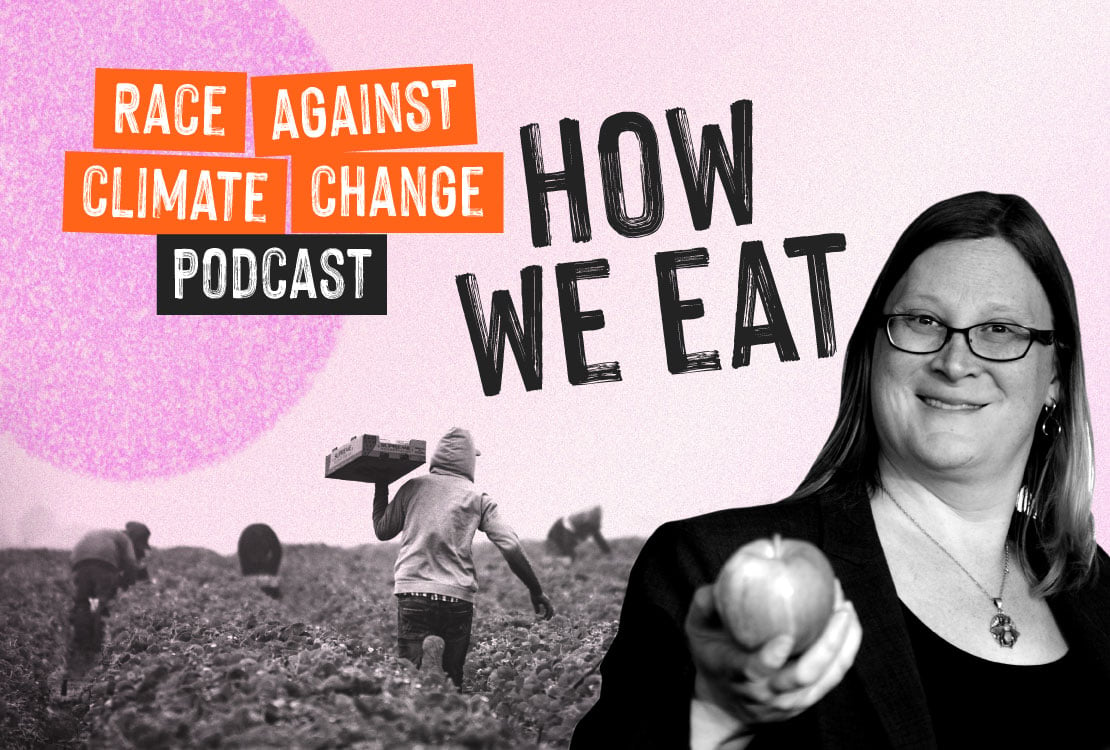Support strong Canadian climate journalism for 2025
While some young people are passionate about fighting to save the planet, others see unavoidable doom in the collective inability of leaders and individuals to take drastic climate action within our economic systems.
Less than a month before a major global climate change conference, students around the downtown campus of the University of Toronto were largely unaware of COP26 or the two-week UN meeting’s finer details.
And while a warming planet and related negative effects were of concern to the dozen or so students who spoke with Canada’s National Observer, none expressed optimism that meaningful progress would be made.
“I think we’re doomed,” said Yun Yang, a U of T engineering student. “Countries aren't going to change the way they're operating because we're too focused on short-term stuff.”
Yang said he felt that not enough people care enough and that he didn’t have the right to be angry at others for inaction since he was not actively researching the topic himself.
“Obviously, it's concerning when you think about what can happen with climate change going in the direction that it is,” he said. “But I think realistically, I don’t think this world can turn around. I’m just being honest.”
For Melissa Bieman, a fifth-year history and philosophy student, it's about people having more pressing post-pandemic priorities.
“If people don't have jobs, if people can't afford to live, they're not going to care about the climate. I think that's just reality,” she said. “You're more concerned with whether you can put food on the table than whether the Earth’s going to be here in 30 or 50 years.”
The COVID-19 pandemic stalled a global climate protest movement that had brought millions of people to the streets in 2019 demanding the systemic change required to slow the warming of the planet and stave off the worst effects of a more extreme climate.
It has also made many people’s economic outlook more uncertain, and countries have marshalled significant resources to battle the virus and ensure economic recovery.
“I don't think any progress is going to be made, because at the end of the day, I think it's all about economic prosperity,” said a business student who gave her name as Jacqueline. “I don’t think they really care at the moment about climate change.”
Talk of a just transition away from fossil fuels would have to provide a meaningful advantage before oil and gas workers would be motivated to switch careers, said Bieman.
“The hard part, especially with somewhere that's so dependent (on an oil and gas economy) like Alberta, for example, is that you're going to have to show them that the jobs are there first before they're even inclined to walk away,” she said.
COP26 — also known as COP, short for Conference of the Parties — has brought the world together since 1995 to hammer out agreements to reduce global warming. The talks gather policymakers, scientists, environmental activists, climate experts, and news media from the 197 member countries of the United Nations Framework Convention on Climate Change to set and work towards global climate change goals. This year, COP26 will take place at the Scottish Event Campus in Glasgow, Scotland, from Oct. 31 to Nov. 12.
Morgan Sharp / Local Journalism Initiative / Canada’s National Observer







Comments